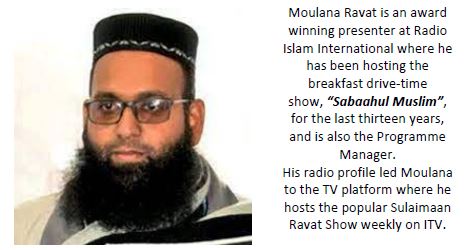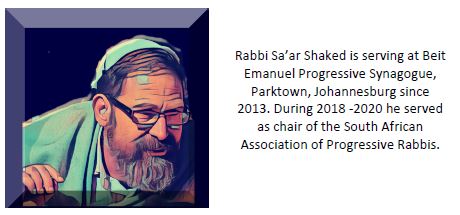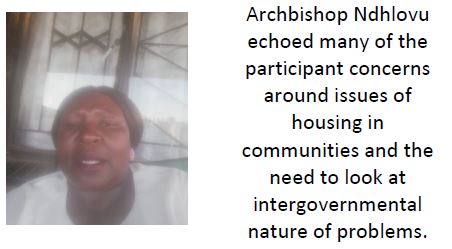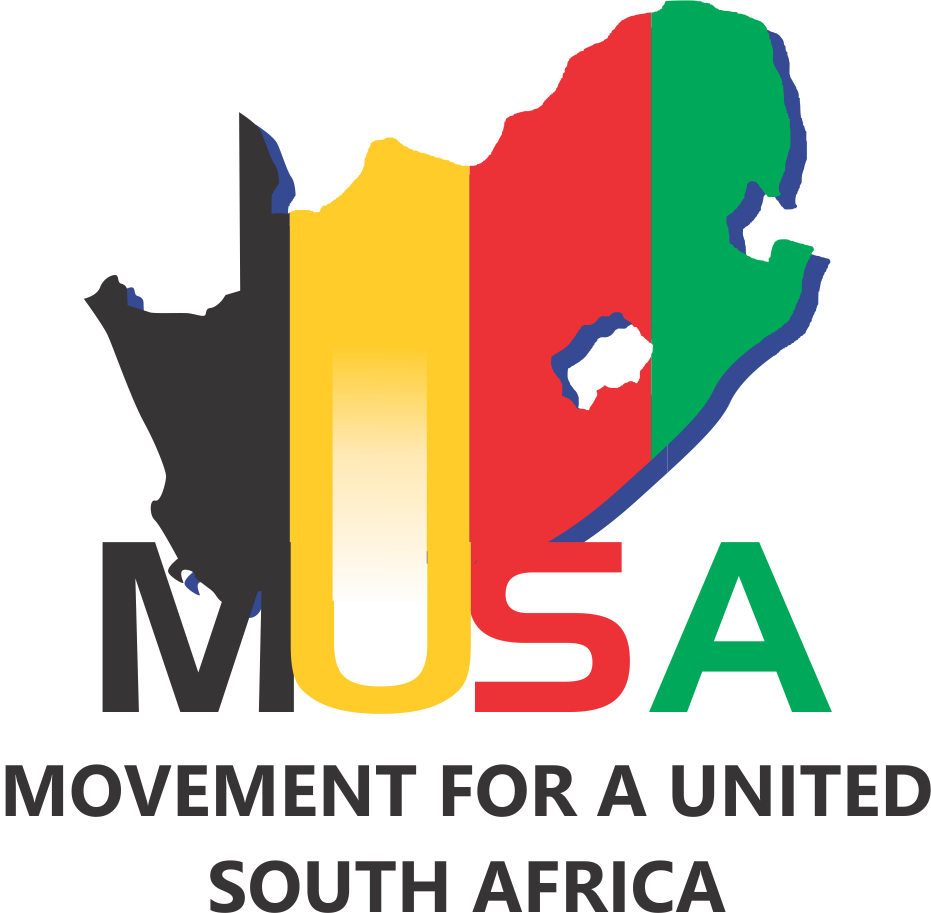
Voters must restore Ethical & Capable Local Government
August 7, 2023
Guidelines for Choosing Councilors
August 8, 2023Religious Leaders Call for Active Participation in Local Governance
Religious leaders are calling on their communities to participate actively in the upcoming local government elections which is set to take place later this year between August and November. The call was made during an on-line Panel Discussion that was held on Saturday 27 March 2021 where Faith Based organisations discussed the importance of ethical Local Government Leadership and Service Delivery.
The event was organised by the Movement for a United South Africa (MUSA) which is a transformative civil society movement uniting South Africans in advancing socio economic justice. MUSA’s mission is to promote consciousness and activism amongst all South Africans to uplift all our people and ensure dignity for all.
The MUSA guidelines for choosing Councillors was presented by Shabier Dabhelia who is a Local Councilor in Mogale City and MUSA member.
The guidelines highlight -
The importance of Local Government as the closest port of call for service delivery and a vehicle for transformation and development. Local Government has to be led and administered by people of moral character having necessary skills and competence, and serving their communities with commitment to local development. Communities need to betterunderstand the role of Councillors and what to expect of them. Councillors operate with many constraints but more can be achieved if Councillors and communities work together.
The guidelines were discussed by the Panel representing a broad spectrum of faith based organisations including prominent leaders from various faiths such as Moulana Sulaimaan Ravat from the Muslim community, Rabbi Sa’ad Shaked from the Jewish community, Ms Karuna Mohan from the Hindu community, and several Indigenous African Religious leaders including Archbishop Ndhlovu, who is the President of Women in FaithFederation (UBUHLE BOBUNYE BOMANYANO), President of Traditional Healers’ Organization – INDIGENOUS HEALERS OF AFRICA and member of Gauteng Commission of Culture and Religious
Affairs.



Karen Heese from Municipal IQ which conducts local government analysis provided an overview of the challenges facing local government. These include wide discrepancies in spendingper resident across different municipalities.
Municipalities in the bigger economic provinces and urban areas spend more per resident. The audit outcomes of municipalities point to ongoing challenges in relation to mismanagement and corruption. The biggest issue that Local Government faces at the moment is legitimacy in the eyes of residents, and therefore the discussion on ethical leadership and administration is essential and critical.
Moulana Ravat highlighted the need for consequence management in local government. He provided a strong message that Faith-based communities have an obligation to find solutions for the challenges facing our country.
They can make a difference by educating people on how Local Government works and how to choose capable and ethical leaders that have the best interest of development at heart. They can also put forward individuals from their communities as candidates and encourage best talent from within their communities to pursue careers in Local Government and Public Service in general.
He also cautioned against selective morality and a selective sense of justice where communities concern themselves about issues only to the extent that it affects them personally rather than society broadly. Communities must become active citizens and be involved in political life rather than remain passive critics and sceptics. This activism should be encouraged from school level, and in mosques for example.
On a similar note, Rabbi Sa’ar Shaked warned of severe outcomes if the country at all levels is not governed properly.
He warned that the democratic system also oppresses and striving for freedom and dignity has to be an ongoing and active struggle. He further suggested civil society participation such as that which was undertaken during the liberation struggle through the UDF.
Karuna Mohan spoke about the purpose of the State being the promotion of righteousness, dispensing of justice and working for the welfare of all.
Government leaders therefore need to have the qualities and capabilities to be able to fulfil this purpose. She provided practical steps for collaboration between faith-based organisations in respect of influencing the quality of leadership as well as engaging in local development programmes. Faith based organisations can build awareness on ethical leadership and local governance, and they can engage with political parties on qualities of leaders, meet with and assess candidates, develop an understanding of the budget and what can be done in different communities.
They can form solidarity networks to coordinate work in local communities on an on-going basis by encouraging all residents to know their areas (“Know Your Block”) and on that basis organise communities to build strong and resilient neighbourhoods. Communities need to make an impact with the local Councillor and work actively to support the local Councillor in ensuring better service delivery and development through mobilisation of public, private and community resources.
Often ward councillors are blamed for issues that lie in the control of other spheres of government like the housing waiting lists and provision of subsidised housing which is managed by provinces. Service delivery protests happen out of deep frustration. Communities need to be engaged on how the structure and systems of government work and how to hold government accountable.
The key message from the event was
that involvement and activism by all South Africans is encouraged to achieve successful local development. Faith-based communities have a critical role to play. They need to build relations and have regular meetings with local councillors, not only to share ideas and to exchange viewpoints, but also to make them aware that their decisions have consequences.
Faith-based organisations can educate and mobilise their communities to be involved in local governance, and to participate in the local government elections as independent candidates or as part of political parties promoting ethical leadership, by voting in credible leadership and beyond elections by initiating and/or working on community development programmes such as food gardens, clean up campaigns, skills development and safety projects.
